This piece initially appeared on Advocate.com read the original here.
In the wake of Saturday's mass shooting at the queer club Club Q in Colorado Springs, Colo., which left five people dead and at least 18 wounded, advocates point to the increased anti-LGBTQ+ rhetoric online and the numerous anti-LGBTQ+ bills drafted in recent months.
Far-right influencers have set their sights on the LGBTQ+ community, specifically the transgender community and drag queens, to generate a divisive culture war issue in the run-up to the recent midterm elections. For months, experts have warned that the attacks targeting the LGBTQ+ community were not only bigoted but also dangerous.
Now in the wake of the massacre, this time at Club Q, authorities are trying to piece together a motive. However, some say one of the factors is clear: targeted online extremism and stochastic terrorism.
While authorities in Colorado Springs have not released why the suspect gunned down at least five patrons at Club Q, the venue called the shooting a "hate attack."
A public information officer for the Colorado Springs Police Department said on Sunday that the department is still investigating the reason for the shooting and would not speculate on the motivation. However, a prosecutor told reporters that the case would be investigated through a lens of a hate crime.
LGBTQ+ communities have seen an increase in threats and acts of violence, largely because of a hateful discourse that falsely smeared members of the community as "groomers" and child sexual predators.
Two accounts on Twitter targeting the LGBTQ+ public are Gays Against Groomers and Libs of TikTok. Both accounts strategically packaged messages to their followers, knowing that drawing attention to LGBTQ+ events will outrage and anger them.
Former assistant secretary at the Department of Homeland Security, author, and analyst Juliette Kayyem warned in an interview with The Advocate last summer that accounts that engage in stochastic terrorism were rising and becoming more and more effective.
In listening to social media and right-wing propaganda, listeners interpret the demonization of groups as promoting targeted violence — terrorism — which can lead to overt acts. However, Kayyem emphasizes that these acts are often motivated by vague language that allows the agitator to deny responsibility for the act.
According to Kayyem, there is a direct correlation between accounts like Chaya Raichik's Libs of TikTok and angry and potentially violent extremists.
In the hours after news of the Club Q shooting spread, Raichik, for example, doubled down on her anti-LGBTQ+ messaging by posting about other drag-inclusive events in the state.
"This organization in Colorado teaches kids how to become drag queens and helps kids “safely experience the art of drag on stage.” Colorado state reps @leslieherod and @BriannaForCO promoted and encouraged this child drag organization and performance," she wrote, tagging Colorado Democrats Leslie Herod and Brianna Titone.
If one were expecting Twitter to control accounts like Libs of TikTok, one would be sadly mistaken. Last week, Elon Musk, the new owner of Twitter, engaged with Raichik's account to make an ableist joke about a former Twitter employee.
Attacks against LGBTQ+ people have become a regular happening since Libs of TikTok began targeting them.
In June, a group of men interrupted a drag queen story hour at a library in the San Francisco Bay Area after Libs of TikTok highlighted the event to its more than 1 million followers. The men, who police believe to be part of the far-right Proud Boys, yelled anti-LGBTQ+ slurs.
Earlier that month, a North Carolina drag queen story hour had to be canceled after organizers received threats of violence and deemed it unsafe to continue with the event.
When someone in Coeur d'Alene, Idaho, spotted a large group of men loaded into a U-Haul truck headed toward an LGBTQ+ Pride celebration in June wearing khakis and blue shirts, with baseball caps and face coverings with riot shields and other gear, he reported them, and authorities thwarted the incident. Police arrested 31 members of the white supremacist group Patriot Front during the stop.
The gun safety advocacy group, Everytown for Gun Safety, released a report highlighting gun violence's effects on LGBTQ+ communities.
The U.S. records more than 25,000 hate crimes involving firearms each year, many of which are directed at LGBTQ individuals.
According to the report, LGBTQ+ youth are more likely to experience bias-motivated violence involving weapons than non-LGBTQ+ youth. According to research cited by Everytown for Gun Safety, 17 percent of LGBTQ+ youth have been injured or threatened by a weapon at school, compared to 6 percent of non-LGBTQ youth. In addition, about 29 percent of queer youth identify as transgender, and 30 percent of queer youth are questioning their sexuality.
While the motivations for the mass shooting at Club Q in Colorado Springs are unknown, it will be no shock to anybody if authorities declare the shooting a hate crime.
In recent months, as Libs of TikTok and Gays Against Groomers have directed unwanted attention at organizations, including children's hospitals, incidents of violence or threats of violence have increased.
Much of this attention has acted as a catalyst for disenchanted and angry people to target LGBTQ+ communities. And the number of incidents against queer people continues to grow.
In October, a doughnut shop in Tulsa, Okla., that had hosted an art installation featuring drag queens was attacked with a Molotov cocktail.
In California, the Castro Valley Unified School District became the target of online attacks in September for merely painting Pride-inclusive murals on school properties.
A former Nevada Democratic Party official who turned Republican in 2018 was arrested in October for threatening to commit a mass shooting event at an LGBTQ+ event in Las Vegas.
Also in October, an Idaho man was arrested in October for allegedly yelling homophobic slurs as he attempted to run over two women with his car.
In September, Florida police began investigating an incident of vandalism at the Pride Community Center of North Central Florida (PCCNCF) in Gainesville as a hate crime after windows were smashed and a note was left behind.
Earlier this month, a man was indicted for a series of anti-LGBTQ+ arsons across Manhattan in August 2021.
















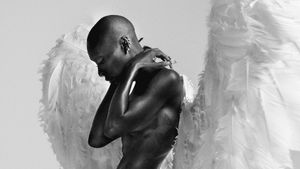









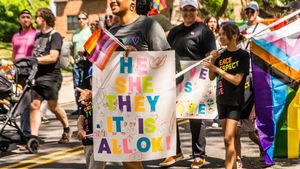




















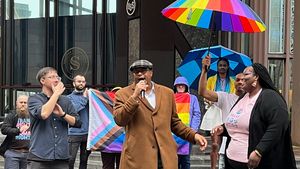






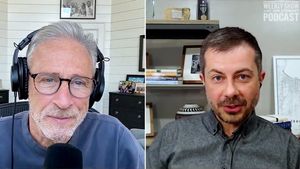


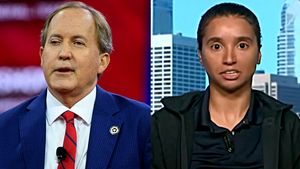

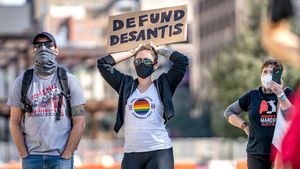



















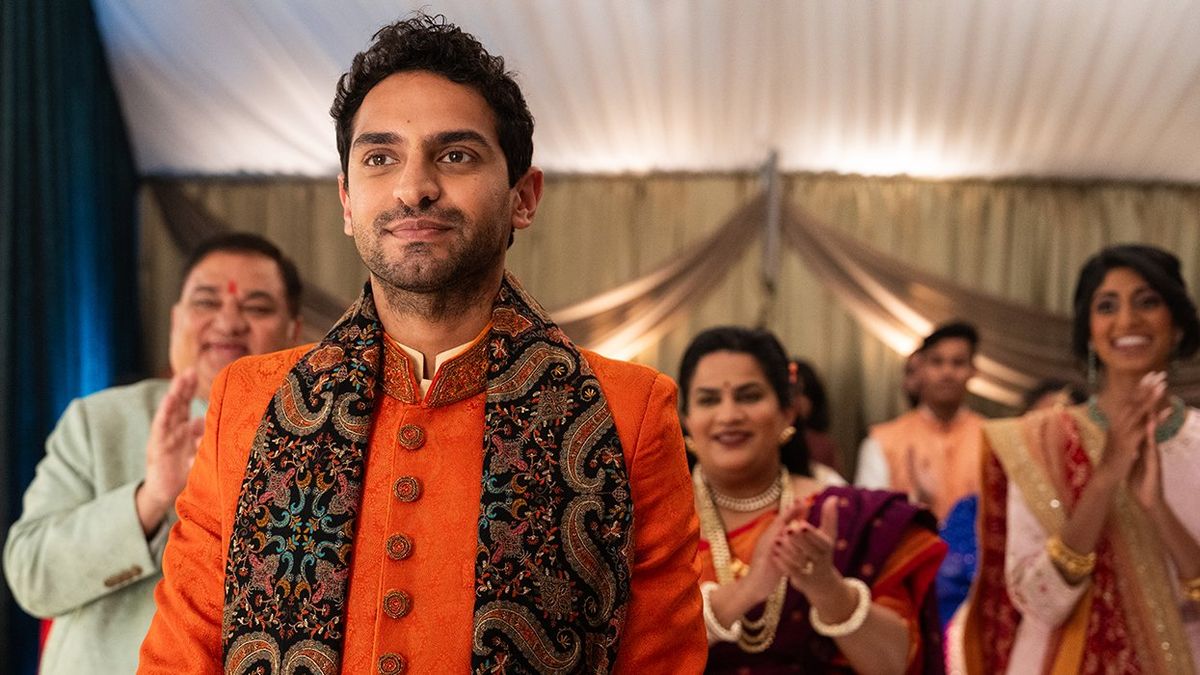
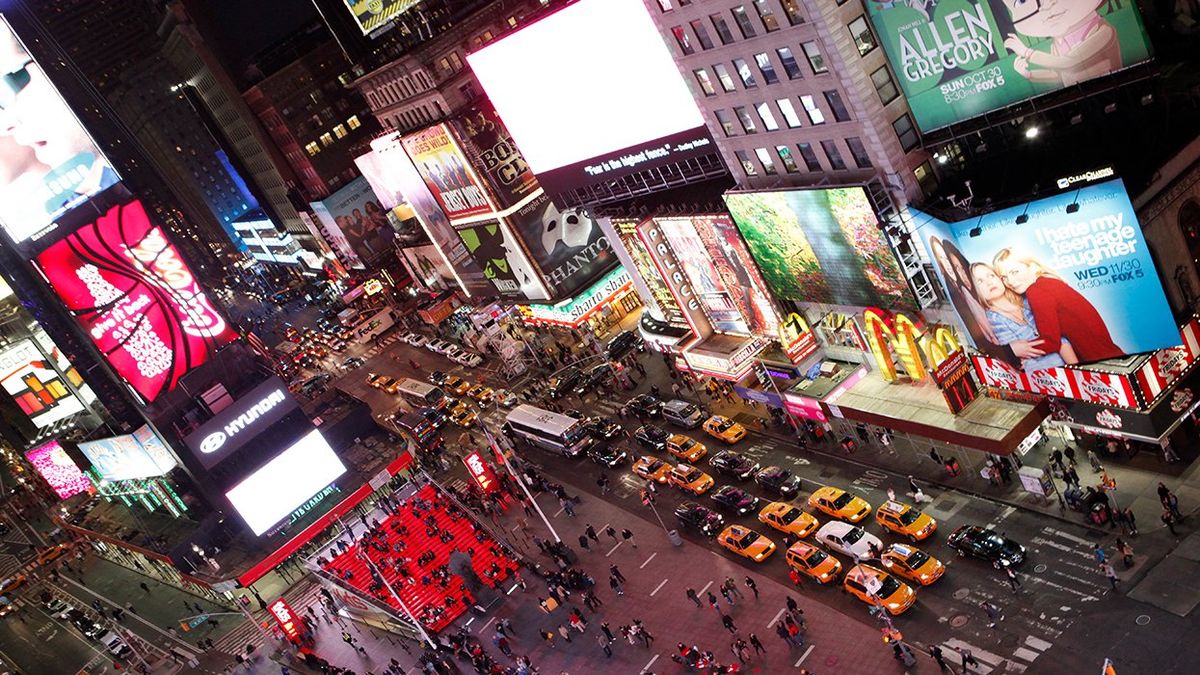
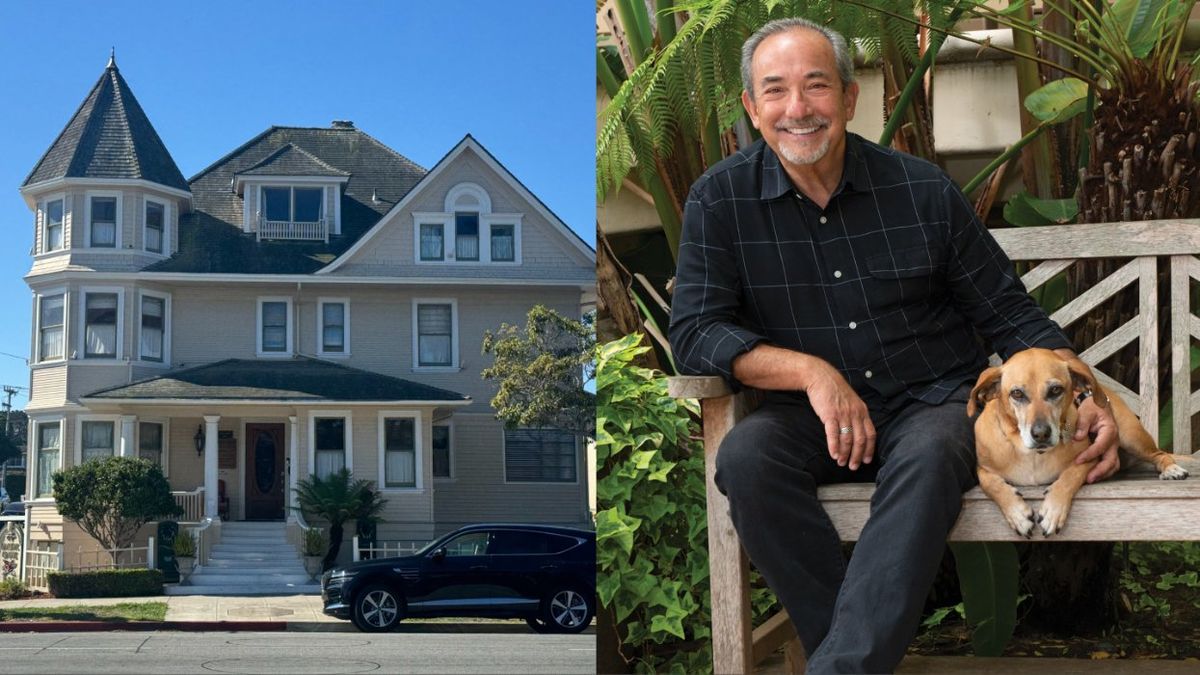





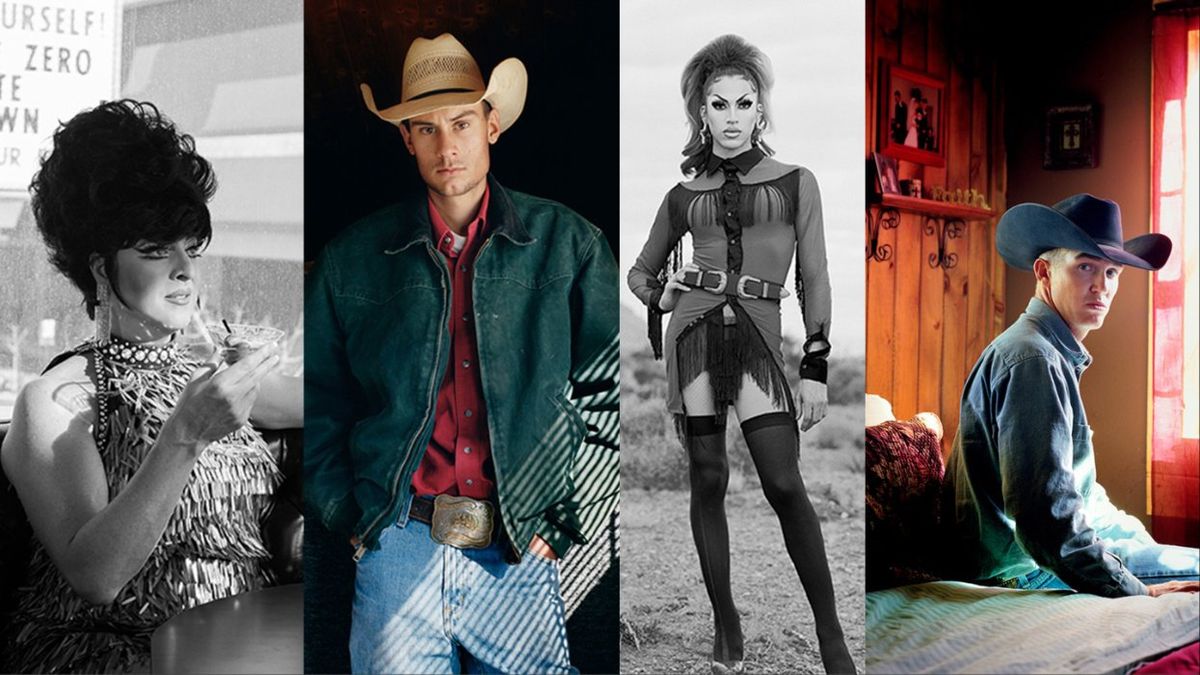



Exclusive: Lady Bunny releases new 'Hot To Blow' video